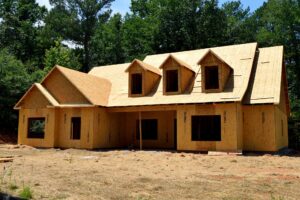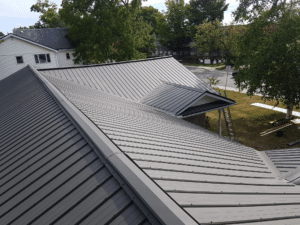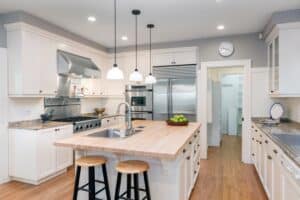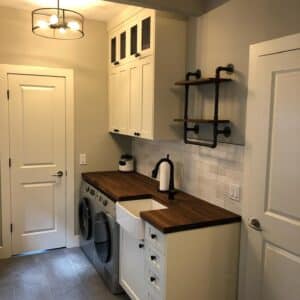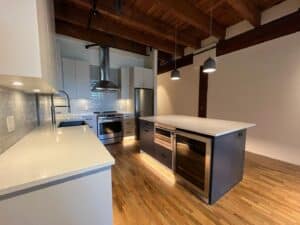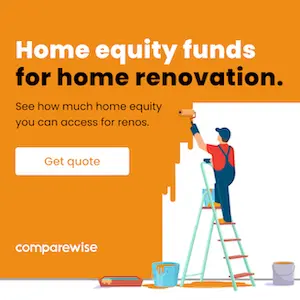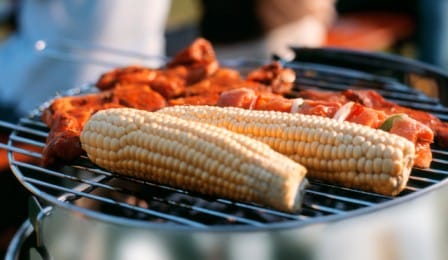
Unfortunately barbecue grill fires and domestic propane tank explosions can cause personal injury and damaged property. In the United States, the U.S Fire Administration released statistics that some 6,500 barbeque grill fires injure Americans accounting for property loss of over $37 million annually. Nearly a third of these gas grill fires occur in the backyard.
Barbecue companies in Edmonton share some propane barbeque safety tips to ensure your backyard grilling days are fun filled and accident free:
Table of Contents
ToggleCleaning and Inspecting your Barbeque
It’s important to give your barbeque a full inspection and thorough cleaning when you take it out of storage, and continue to check it regularly throughout the grilling season. Make sure the burner ports are free of dirt and the burner orifice is clear of cob webs or other blockages.
Check all of your propane cylinder connections for leaks. Check the hose that connects your propane tank to the grill. If it looks damaged, cracked or brittle it should be replaced. Use a mixture of 50% soap and 50% water, brush it on all the connections and hoses and look for rising bubbles. These indicate a leak. Repair the leak, replace the part or tighten all connections until there are no bubbles. Never use a lighter or match to check for leaks.
If you are unsure if your barbeque is safe, you can consult a certified service technician. Find trusted barbeque companies on our directory.
Safely Lighting the Barbeque
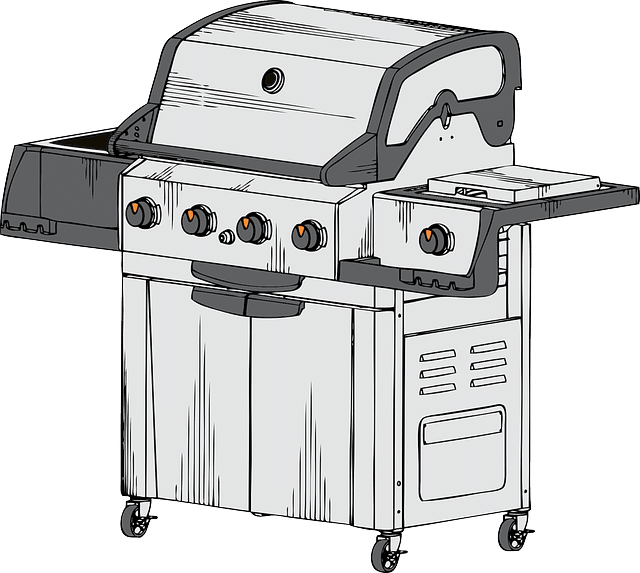
Once you are finished cooking, turn off the service valve and then turn off the burners. Doing it in this order makes sure there is no propane left in the hose. Make sure your grill has cooled completely before covering it.
Everyday Barbeque Safety
Never use a barbeque indoors. It needs to be outdoors in a level, well ventilated area at least 10 feet away from other sources of heat, windows, doors and far enough away from the house or anything else that might obstruct the flow of air around the barbeque. Ensure it is far away from overhanging branches, combustible roof overhead or near wooden fences or walls.
Never leave the barbeque unattended when in use.
Follow the manufacturer’s instructions for barbeque safety including cleaning, maintenance, and other repair. If you suspect damaged or corroded parts, detect an odour or hear a high pitched whistling noise, turn off your valve and consult a certified fuel-appliance professional.
Changing and Filling Propane Cylinders
When your propane runs out (hopefully not in the middle of roasting a chicken) make sure the barbeque lid is open and the burner valves are closed. Then shut off the cylinder valve that supplies propane to the grill. Disconnect and remove the propane cylinder. Newer models should come loose by hand, however older tanks might still need a wrench to disconnect.
Cap the service valve outlet of your empty cylinder for transportation, even if it is empty. Connect your new propane cylinder to the service line after securing it in the space. Most barbeques will have a rack or clip attached to the barbeque frame to help secure the propane tank. Then reconnect the cylinder, turn on your service valve and check for leaks using the soapy water method mentioned above.
Propane cylinders must be filled by properly trained and certified filling attendants. Before it is filled, the attendant must check for dents, damage, rust, leaks and must purge your cylinder of air and moisture. A gas station that offers propane will have a certified propane attendant on site to assist you.
The propane attendant will also be able to determine if your older propane cylinder needs to be replaced. Propane cylinders must be replaced every 10 years in Canada and it’s against the law for an attendant to refill your expired tank. There are identifying marks stamped onto the tank that will give the date of manufacturing and any other important information.
Remember that just because a cylinder hasn’t reached its 10 year expiration date doesn’t mean it shouldn’t be replaced. If it is rusty or damaged and you are uncertain of its reliability don’t risk it, just replace it.
Barbeque Sales & Services
RenovationFind.com offers a directory of trusted barbeque retailers in your area. They will be able to assist your with parts, supplies, accessories and barbeque repair services. Whether you are looking to create an entire backyard kitchen for the Master Chef in you, or are just looking for some barbeque accessories you’ll find everything you need through these accredited companies.
Find a barbeque retailer or repair company in your city and remember to keep these barbeque safety tips in mind and enjoy your summer behind the grill!
| Alberta | British Columbia | Saskatchewan |
| Edmonton | Kelowna | Regina |
| Calgary | Vancouver | Saskatoon |
| Victoria | ||
| Manitoba | Nova Scotia | Newfoundland |
| Winnipeg | Halifax | St. John’s |
| Ontario | Quebec | New Brunswick |
| Toronto | Montreal | Fredericton |
| Barrie | Quebec City | Moncton |
| Hamilton | Saint John | |
| Kitchener | ||
| London |

